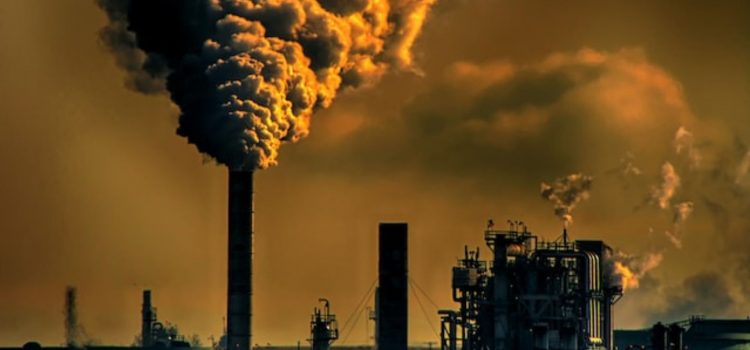

This article is an excerpt from the Shortform book guide to "How to Avoid a Climate Disaster" by Bill Gates. Shortform has the world's best summaries and analyses of books you should be reading.
Like this article? Sign up for a free trial here.
Can global warming be tackled without sacrificing economic growth? What are some ways we can address global warming without reducing our energy demand?
According to Bill Gates, global warming shouldn’t be the reason to halt economic growth, especially in developing countries. We can find ways to offset the effects of global warming without reducing global energy needs.
Here’s how to tackle global warming without sacrificing development, according to Bill Gates.
Global Warming Isn’t a Reason to Halt Development
Gates explains that the impacts of global warming will only get worse as we continue to emit more carbon into the atmosphere. While efforts to reduce emissions may postpone the worst effects, our only viable option is to figure out how to continue producing energy on a global scale without increasing atmospheric carbon dioxide (we’ll refer to this as carbon-less energy production). Specifically, Gates estimates that wealthy countries must stop adding carbon to the atmosphere by 2050, with developing countries following shortly after to avoid catastrophic warming.
(Shortform note: The UN’s IPCC 2022 report provides more specific 2050 emissions benchmarks than Gates includes in the book. According to the IPCC, to keep climate change at bay and avoid an extreme version of the impacts we discussed in the previous section, the world needs to reduce coal consumption by 95%, oil consumption by 60%, and natural gas consumption by 45% by 2050.)
While Gates stresses the urgent need to curb emissions, reducing global energy demand isn’t part of his plan for addressing atmospheric carbon dioxide. He reminds readers that there is more carbon dioxide in the atmosphere because people are using energy to live healthier, longer, and more comfortable lives, which is a good thing. Therefore, it would be unreasonable and unjust to halt development, particularly in emerging economies, because of the climate crisis. In fact, we should expect energy demand to increase significantly over the coming decades as developing economies invest in industry and infrastructure and living standards improve.
Decoupling Emissions and Economic Growth
In his book How to Avoid a Climate Disaster. Bill Gates explains how to tackle global warming without sacrificing economic growth. According to Gates, emissions and economic development have historically gone hand-in-hand, which is concerning given the number of emerging economies globally. However, recent trends in highly developed economies suggest that developing nations can break from this precedent. Economic data shows that in 32 countries, GDP continues to rise even as emissions fall. For example, in several European countries, emissions peaked in the 1970s and 1980s; US emissions peaked in 2005, Canada’s in 2007, and Mexico’s in 2012, even as the economies in these countries continued to grow.
Several factors have enabled the decoupling of economic growth and emissions, including a shift toward natural gas over coal, the introduction of government climate policies, a progression to service-oriented rather than manufacturing-oriented economies, and the decreasing cost of low-carbon energy options. Given these trends and the increasing international attention to climate change, there’s reason to believe that populations worldwide can access a more energy-intensive lifestyle and higher quality of life without emitting catastrophic amounts of carbon dioxide.

———End of Preview———
Like what you just read? Read the rest of the world's best book summary and analysis of Bill Gates's "How to Avoid a Climate Disaster" at Shortform.
Here's what you'll find in our full How to Avoid a Climate Disaster summary:
- Bill Gates's technology-based strategies for reducing global carbon emissions
- The challenges and limitations that come with fighting climate change
- The roles governments, private entities, and individuals must play to save the planet






